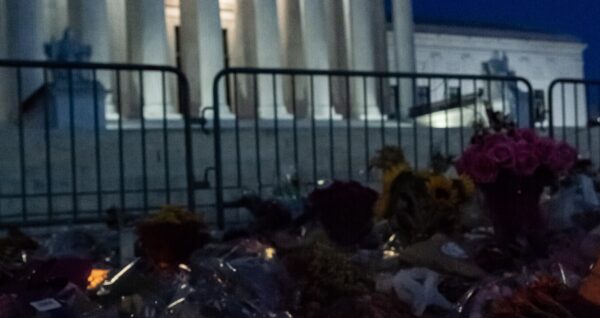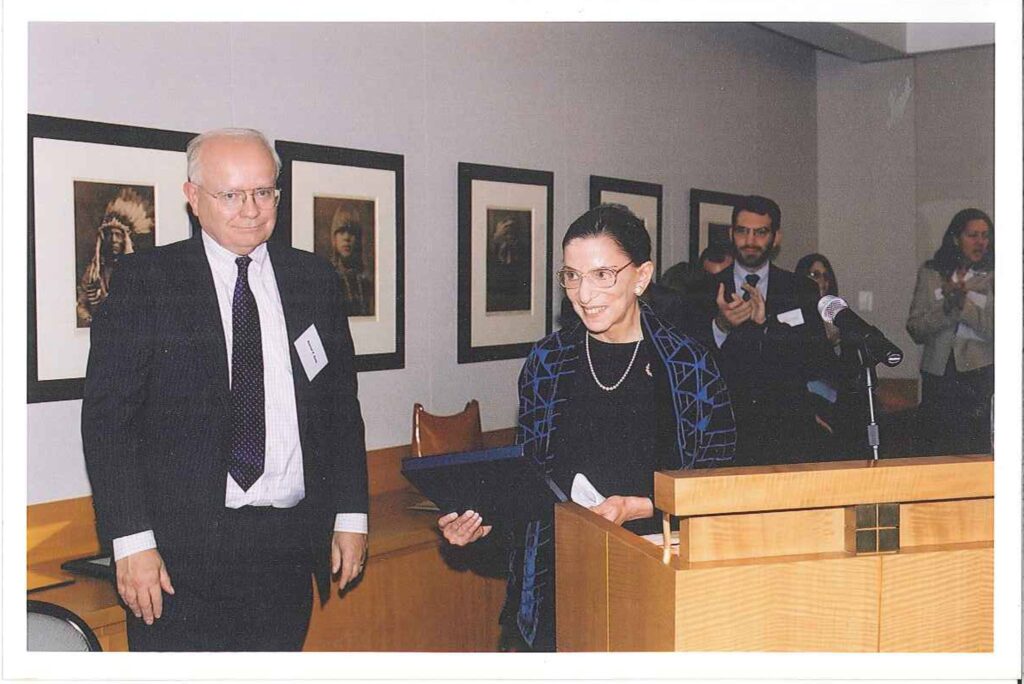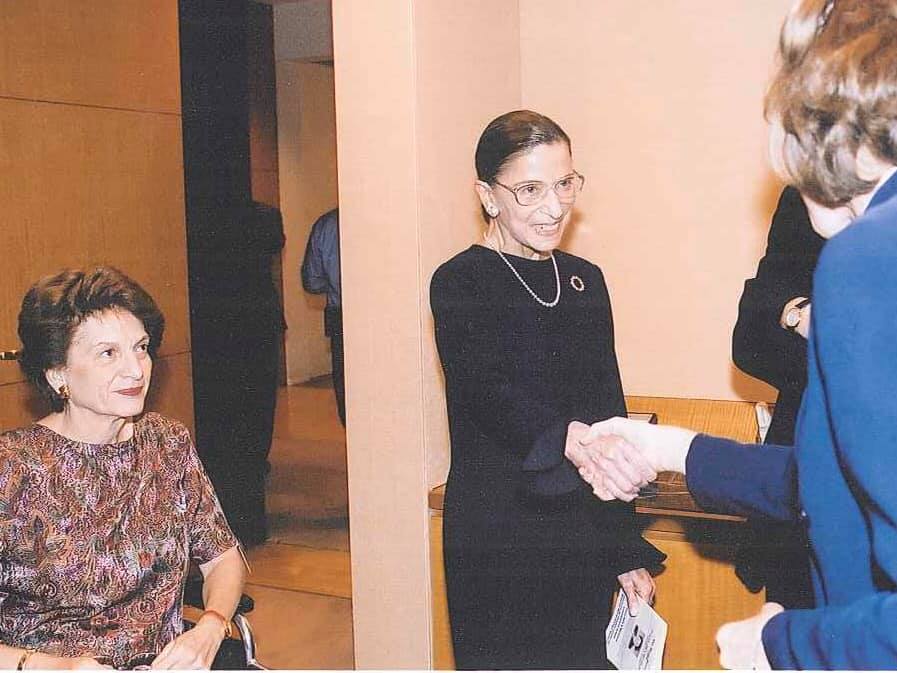At this year’s Above & Beyond Awards, Sanctuary for Families is honoring a team of attorneys from Paul Hastings for their persistent advocacy in helping Alejandra and Diego successfully petition for Special Immigrant Juvenile Status (“SIJS”) and continue on the path toward obtaining legal permanent resident status in the United States.
Louisa Irving is an attorney and a member of Sanctuary’s Pro Bono Council.
—
At this year’s Above & Beyond Awards, Sanctuary is honoring a team of attorneys from Paul Hastings for their persistent advocacy in helping Alejandra and Diego successfully petition for Special Immigrant Juvenile Status (“SIJS”), thereby allowing these siblings to avoid deportation and continue on the path toward obtaining legal permanent resident status in the United States. The team consisted of Paul Hastings Senior Counsel & Global Pro Bono Chair Brian P. Morgan, Of Counsel Susan Wade, Associate Eduardo Gonzalez, and Associate Zachary S. Zwillinger; as well as former associates Jeanette Kang (now an AUSA) and Aisling Murray (now at O’Melveny & Myers LLP).
In mid-2016, siblings Alejandra and Diego arrived at the southern border of the United States with their mother and another sibling, after courageously making the journey from their home in Guatemala to escape life-threatening violence, verbal, and emotional abuse by their father. After being released from detention on the border, this family unit traveled to New York in search of stability and security. Alejandra and Diego’s mother found work and began to build a new life for her children. She connected with immigration attorneys at Sanctuary for Families, who placed her case with the team at Paul Hastings. The team from Paul Hastings continues to work on a domestic violence-based asylum claim on behalf of Alejandra and Diego’s mother, listing her children as derivative beneficiaries, but is being honored now for its zealous and compassionate advocacy helping Alejandra and Diego secure SIJ Status.
In the spring of 2019, the team from Paul Hastings started preparing tandem SIJS cases for Alejandra, now 10 years old, and Diego, now 19 years old. First, the team obtained Guardianship and Special Findings Orders from Queens Family Court. This was no easy feat and required three grueling hearings before a Referee who asked pointed questions of Alejandra, Diego, and their mother. The team made it a priority to both prepare the family for what to expect during these hearings, and to debrief with the family following these adversarial and emotionally-difficult hearings. After obtaining the predicate Guardianship and Special Findings Orders, the team from Paul Hastings filed SIJS applications on behalf of Alejandra and Diego with USCIS and received approvals in June 2020. The indefatigable and effective advocacy of the team from Paul Hastings lifted the threat of deportation that loomed over this family. Now, Alejandra and Diego are able to enjoy the stability and tranquility of a life their mother courageously fought to give them.
Pooja Asnani, Director of Sanctuary’s Immigration Intervention Project, who nominated the team from Paul Hastings, described them as incredibly dedicated and “undeterred” in the face of very challenging circumstances in Queens Family Court. For Paul Hastings, it was a true team effort as this pro bono team was comprised of experienced and more junior litigators, as well as corporate attorneys. The team worked closely and concurrently on the asylum and SIJS matters, and were amazed by the support from Sanctuary staff, who they described as “phenomenal people.”
In the words of Corporate Department Associate Eduardo Gonzalez, who has worked with Sanctuary on a number of immigration cases, the best part of this work is “sharing the good news with the client and seeing the relief and joy in their eyes.”
“That’s why I will always do immigration work. . . It is such a refreshing change of pace to be touching someone’s life.” — Eduardo Gonzalez, Associate.
—
Join us at our virtual Above & Beyond virtual celebration on October 29, 2020, as we honor Paul Hasting’s outstanding pro bono work. Click here to RSVP for free.
If you can’t join us, but would like to support Sanctuary for Family’s work, please consider making an Above & Beyond donation here.






